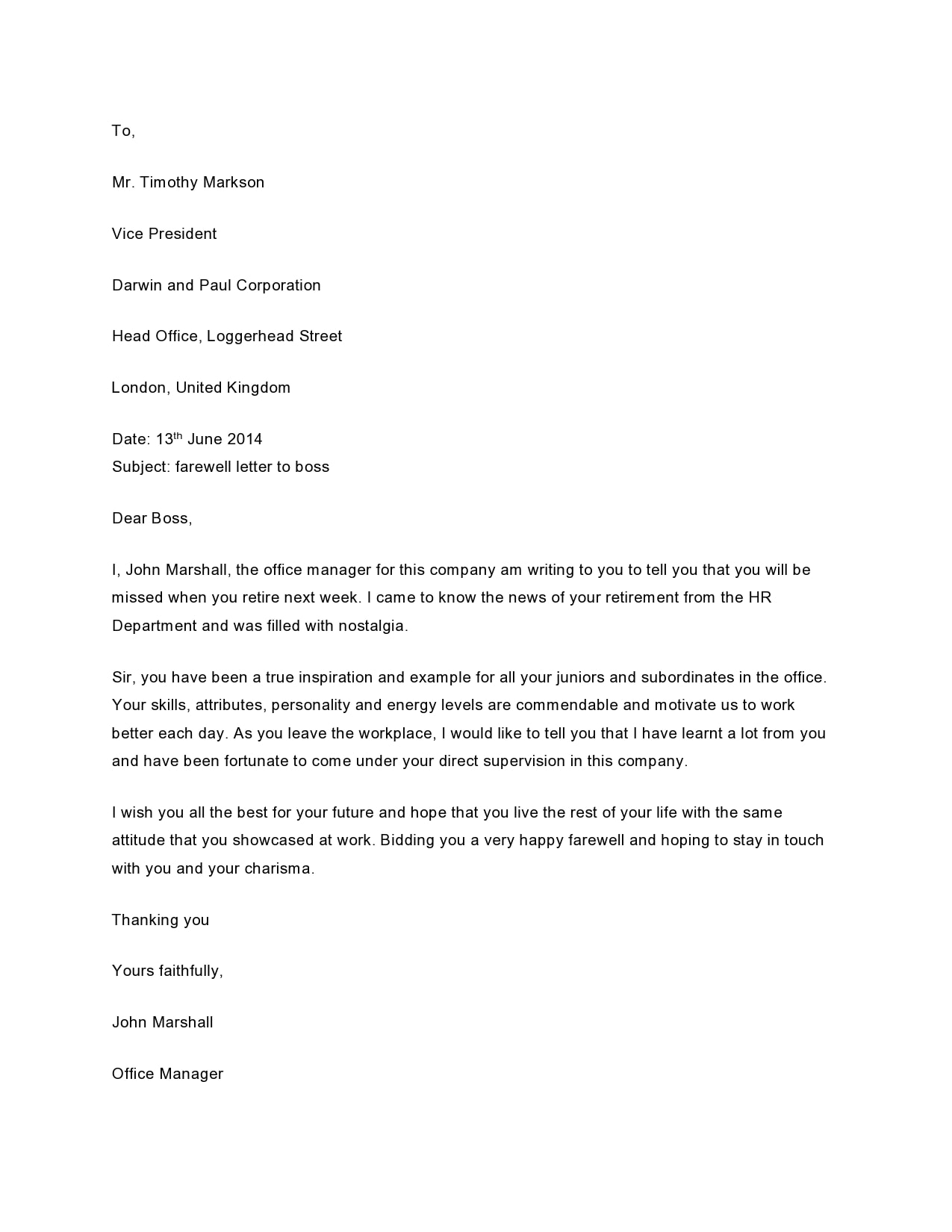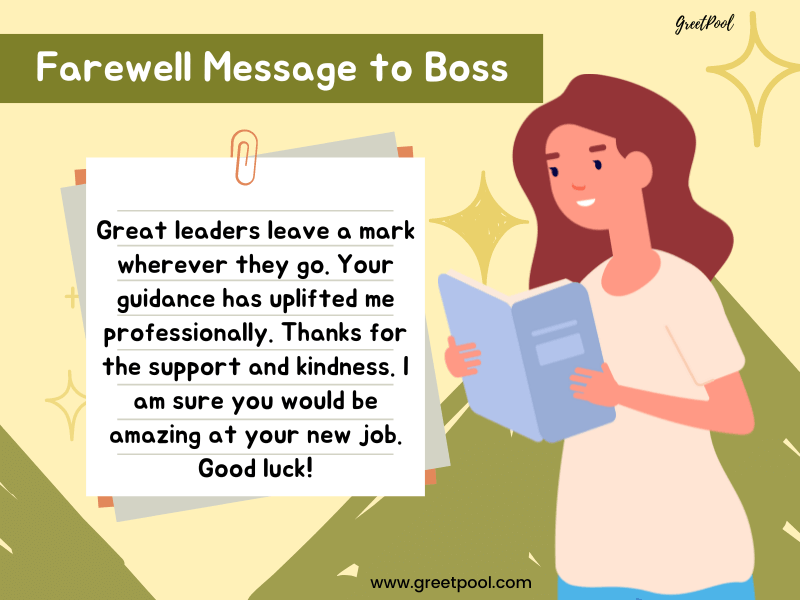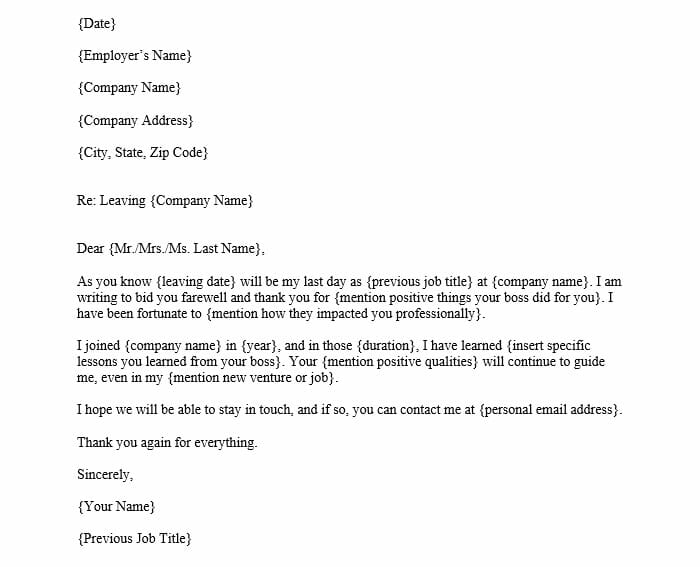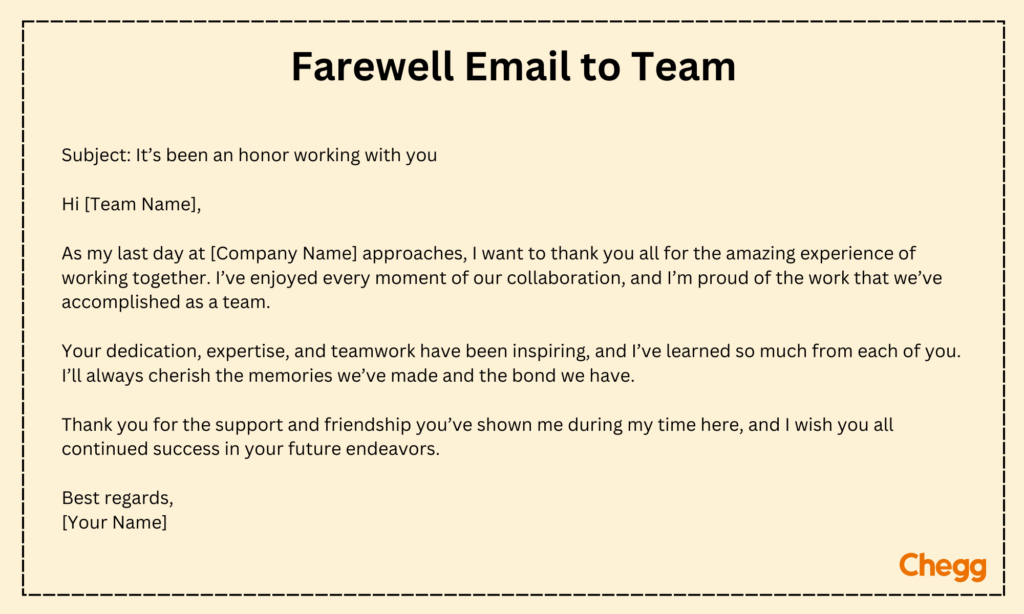How To Inform Your Employer You Are Leaving

Navigating the departure from a job requires careful planning and communication. Effectively informing your employer of your resignation is crucial for maintaining professional relationships and ensuring a smooth transition.
This process involves more than just a simple announcement. It requires thoughtful consideration of timing, delivery method, and content of your resignation.
The Importance of a Professional Resignation
Resigning gracefully protects your reputation and potential future references. According to a 2023 survey by Society for Human Resource Management (SHRM), 71% of employers conduct reference checks.
Leaving on good terms ensures doors remain open for future opportunities. It reflects positively on your character and professionalism, leaving a lasting impression.
Crafting Your Resignation Letter
The cornerstone of informing your employer is the resignation letter. It should be concise, clear, and professional.
Include the date, your intent to resign, your last day of employment, and a brief expression of gratitude for the opportunity.
Avoid negativity or complaints about the company or colleagues.
Key Elements of a Resignation Letter:
- Date: State the date the letter is written.
- Intent to Resign: Clearly state your intention to resign from your position.
- Last Day of Employment: Specify your last day of employment, ensuring it aligns with your notice period.
- Gratitude: Express appreciation for the opportunities and experiences gained during your employment.
- Offer Assistance: Offer to assist with the transition process, if appropriate.
Determining the Right Timing
Timing your resignation is essential. Review your employment contract or company policy for the required notice period, typically two weeks in the United States.
Consider ongoing projects and deadlines to minimize disruption. Aim to give sufficient notice to allow for a smooth handover of responsibilities.
The Bureau of Labor Statistics suggests that the median employee tenure is around 4.1 years, indicating that many employees will face this process at some point.
Delivering the News
The most professional way to inform your employer is through a face-to-face meeting with your direct supervisor. Schedule a private meeting to discuss your decision.
Deliver your resignation letter during or immediately after the meeting. Be prepared to answer questions about your decision and transition plan.
"Transparency and open communication are key to a successful resignation," says Dr. Anya Sharma, a career development expert.
Managing the Aftermath
After informing your employer, focus on completing your remaining tasks and training your replacement, if applicable. Document your processes and knowledge to facilitate a smooth transition.
Maintain a positive attitude and continue to contribute to the team until your last day. This reinforces your professionalism and commitment.
Ensure all company property is returned, and your personal belongings are removed from your workspace.
Legal and Ethical Considerations
Be aware of any non-compete agreements or confidentiality clauses in your employment contract. Consult with an attorney if you have concerns about these agreements.
Maintain confidentiality about company information and trade secrets. Leaving on good terms requires respecting intellectual property and proprietary information.
The Ripple Effect
Your departure will inevitably impact your colleagues and the company. A well-managed resignation minimizes disruption and fosters a positive environment.
Consider the potential effects on your team and strive to make the transition as seamless as possible. This demonstrates respect for your colleagues and contributes to a positive work environment.
Ultimately, a thoughtful and professional resignation leaves a lasting positive impression and paves the way for future opportunities.



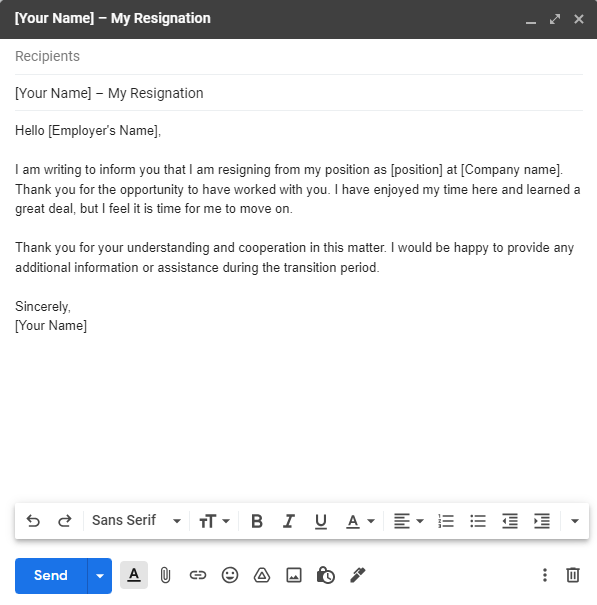
:max_bytes(150000):strip_icc()/2063053_2022-f09cb56e07f643d79b31483a3e14f07b.jpg)
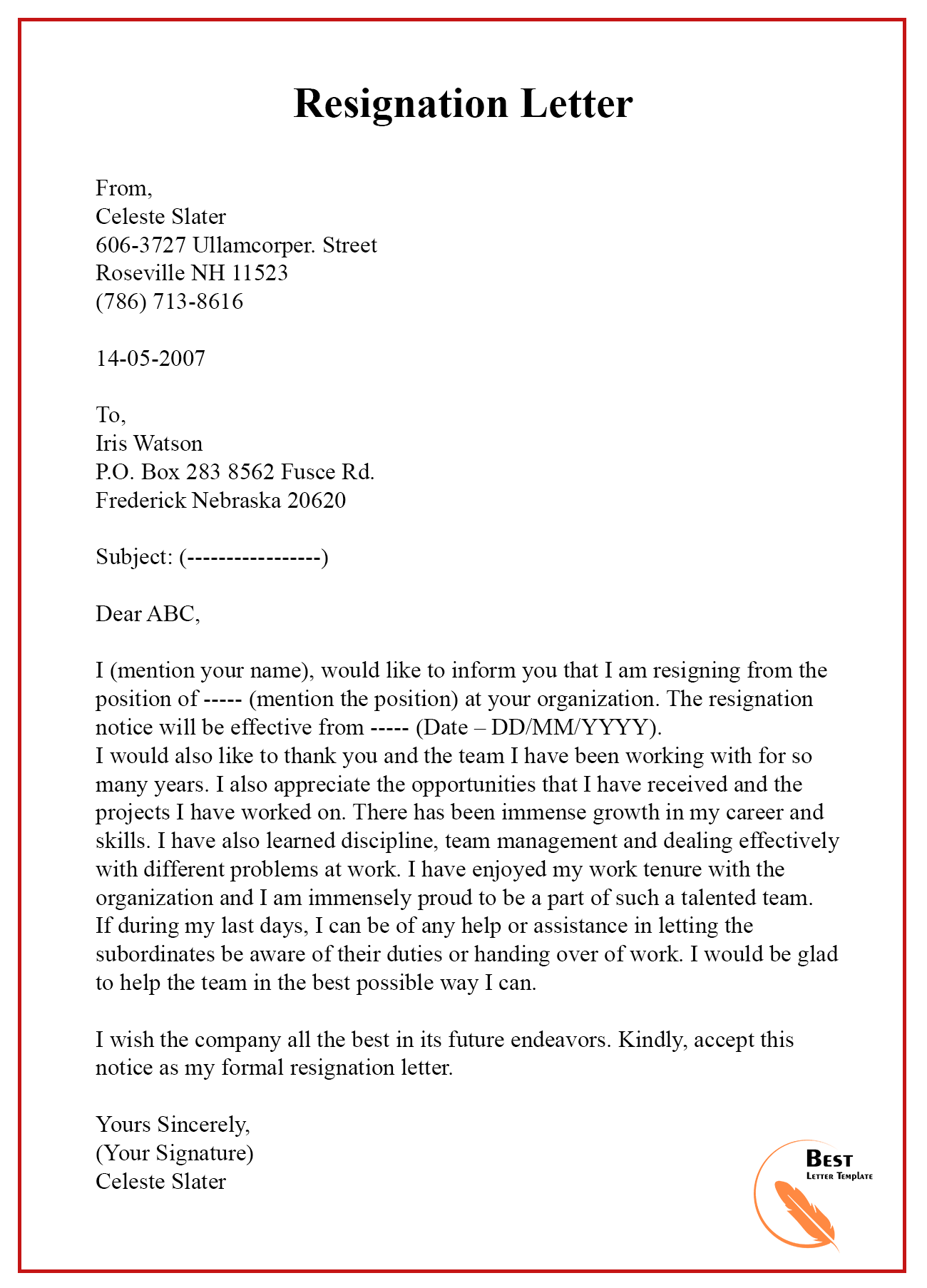



:max_bytes(150000):strip_icc()/2060865a-a00dd037c25547df8a83c13bb57cd695.jpg)



